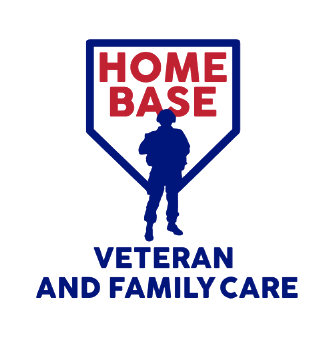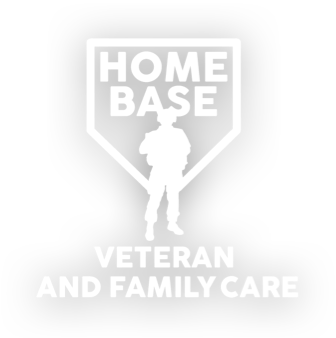Mental Health: Supporting a Loved One in Recovery – Positive Communication
Supporting a Loved One in Recovery – Positive Communication
An important part of recovery is someone’s support system – their friends, family, caregivers, or loved ones. As a loved one of someone struggling with substance use, you might face your own challenges as you try to support your friend, partner, parent, or child in seeking care and maintaining recovery. You might experience increased anxiety or stress, worry about how to best support your loved one, feeling judgement from people around you, or even irritability and frustration at times. We often hear statements from concerned family members or friends such as “I just don’t know how to talk to them about their use,” or “Every time we talk about their use, we get into a huge fight.” There isn’t one path or one right way to support someone in recovery, but improving communication and building a stronger relationship is always a step in the right direction.
The CRAFT model (Community Reinforcement and Family Training), developed by Dr. Robert Meyers and the University of New Mexico, is an approach for concerned family or friends to improve communication, better take care of themselves, and encourage their loved ones to seek care for substance use. A key component of this is increasing positive communication – communication that opens the door for greater connection and increases the likelihood that someone will be receptive to what you’re saying. The following are 7 elements of positive communication from the CRAFT model to help boost your ability to communicate more effectively:
- Be brief and focused: It’s easy when we’re upset to approach someone with a laundry list of things to talk about. It’s best to pick one thing to focus on at once. The goal is to have your message heard clearly.
- Be specific: If you’re asking for a change in behavior, be clear about what you’re asking for. For example, “I would appreciate it if you’d call me in the afternoon if you’re going to be late coming home from work” instead of “I need you to more responsible!”
- Be positive: Being positive means keeping the focus on describing what you want instead of what you don’t want. This feels more supportive and helps decrease defensiveness that might come up for the person you’re talking to. For example, switching “You always make a mess!” with “Please clean up when you’re done, it’d be a huge help for me.”
- Label your feelings: Labeling your feelings might help your loved one better understand your experience, for example “I felt frustrated and worried when that happened.”
- Offer understanding: Feeling understood and validated is important for all of us and helps us approach difficult conversations more openly. This is a way of letting your loved one know that you are hearing them and understand their perspective, even if you don’t agree. For example: “It makes sense that you’d feel uncomfortable in that situation” or “I understand that this is really difficult for us to talk about.”
- Take partial responsibility: The key here is taking a collaborative approach, not taking the blame. This might look like apologizing (only when needed) or working together to problem solve. The goal of this element is always to send the message “we’re in this together.”
- Offer to help: One key of offering to help is phrasing it as a question, to leave space your loved one to give feedback on the type of help they need, for example asking, “how can I help support you?” or “Would it be helpful if I came to the appointment with you?”
Changing communication and incorporating positive communication takes time and practice, don’t be discouraged if it takes a few attempts to have the conversation you’d like to have. You might find it helpful to write out what you’d like to say first or practice rehearsing some of these elements ahead of time. You might also consider trying to time difficult conversations when you have adequate time to spend with your loved one, they or you are not under the influence of a substance, and when you are both in a reasonably calm or good mood.
If you’re feeling overwhelmed or very worried about your loved one’s substance use, consider getting support from a licensed professional mental health provider or connecting with a support group in your area. To learn more about our family support services at Home Base, visit homebase.org/connect2care, or call our clinic at 617-724-5202.
By Kat Dunford, LICSW


 Home Base
Home Base